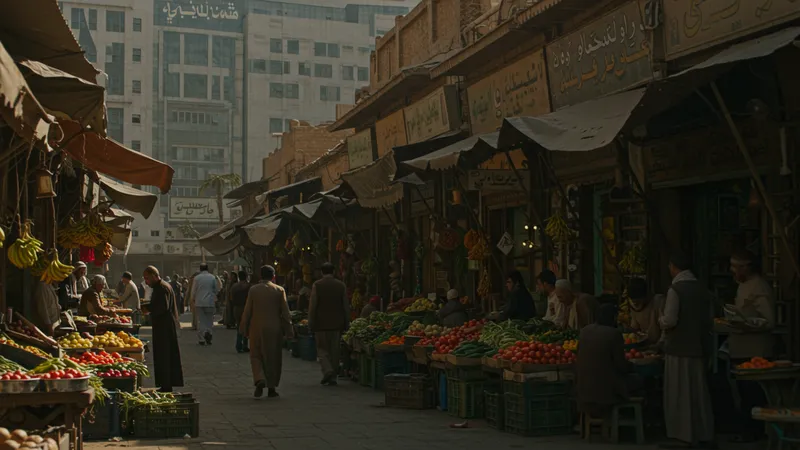
Why More Tourists Are Coming To Egypt For Surgery
Economic Impacts and Opportunities
The surge in medical tourism is not just a win for health enthusiasts but a monumental economic opportunity for Egypt. The healthcare sector’s profit surplus extends far beyond the hospital walls, permeating local economies in profound ways. From local markets selling fresh produce to eateries offering authentic Egyptian cuisine, financial benefits are felt across all local businesses. The knock-on effects invigorate communities, becoming a stand-in stimulus for regions long dependent on traditional tourism.

In a country where tourism and agriculture have traditionally dominated economic strategies, the influx of medical tourists provides a fresh dynamic. It diversifies revenue streams and opens up investment channels into healthcare and infrastructure. As these facets expand, new opportunities arise for professional training and development. Egypt finds itself increasingly perceived not as a dusty relic of history but as a vibrant player in global markets, thanks to its evolving healthcare and tourism sectors.
But this isn’t just macroeconomics—individual stories tell the story best. Meet Ahmed, a once-struggling local transporter who now specializes in ferrying medical tourists between airports, clinics, and hotels. His story is one of many testaments highlighting the personal successes sprouting from this industry shift. For countless others, the flourishing medical tourism opens doors previously considered closed or never even imagined.
The curve of progress tilts upwards, suggesting that what started as a niche market might become a mainstay of Egypt’s economy. As more individuals achieve jobs, build companies, and improve their livelihoods, the long-term implications appear ripe with promise. But this is no fairy tale—there are challenges ahead, including regulatory oversight and ensuring quality care consistently across institutions. The next chapter will determine if these obstacles can be met, realigning frameworks to buddy this positive momentum.